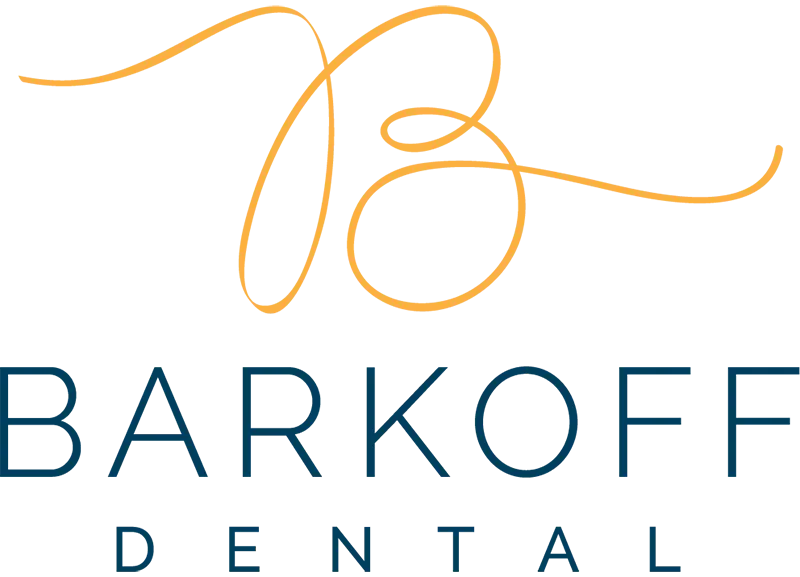Do you suffer from TMJ disorder? If you experience jaw pain or can’t open your mouth very wide, you may have TMJ disorder. There are a variety of symptoms that may indicate a problem with the joints on the side of your head where your lower jaw connects. What type of doctor treats TMJ disorder? The answer may surprise you.
What is TMJ Disorder?
TMJ is the abbreviation for temporomandibular joint. On each side of your face, right in front of your ears you have a hinge joint where your lower jaw is attached. This joint allows you to open and close your mouth and the muscles around it power your chewing ability. When one or both of your TMJ become misaligned or strained in some way, it is categorized as TMJ disorder.
Symptoms of TMJ Disorder
TMJ disorder may consist of any of the following symptoms:
- Pain in the jaw
- Headaches, especially in the temple region of the head
- Limited range of motion in the jaw
- A popping or clicking sound when moving your jaw or chewing
- Ear pain, often mistaken as an ear infection
- Tension or pain in the facial muscles
- Jaw locked shut
Causes of TMJ Disorder
There are a variety of potential causes of TMJ disorder, such as:
- Chewing hard or tough foods
- Chewing or biting non-food items such as pens and pencils or using your teeth to open containers or packages
- Teeth grinding
- Clenching your jaw
- Injury to the jaw or side of the face
- Arthritis
- Some auto-immune disorders
Who To See About Your TMJ Symptoms
If you have symptoms of TMJ disorder that do not subside on their own, you need to seek professional treatment. Your dentist has the necessary knowledge and expertise to diagnose and treat TMJ disorder. Dentists specialize in the anatomy and structure of the mouth and jaw, making them uniquely qualified to treat TMJ.
Treatment for TMJ Disorder
TMJ disorder can be treated in a variety of ways depending on the cause and severity. At the first sign of symptoms you can apply ice to the area and make an effort to rest your jaw as much as possible. Eat a soft diet and take anti-inflammatory pain medication (such as ibuprofen) to manage any discomfort.
If these treatments do not provide relief after a few days to a week, contact your dentist for further treatment. Your dentist may recommend a bite splint to align your jaw or a mouthguard to reduce the impact of teeth grinding. They can also show you some exercises you can do to get relief and prevent future flare ups. In severe cases injections or surgery may be required to correct TMJ disorder.
Frequently Asked Questions About TMJ Disorder
How can I prevent TMJ disorder?
The best way to prevent TMJ disorder is to avoid the common causes. Wear a mouthguard if you grind your teeth and avoid chewing hard foods or non-food items. Learn how to manage stress to avoid clenching your jaw.
When should I seek professional treatment for TMJ disorder?
If you’ve tried self treatment of your TMJ, such as applying ice and resting your jaw, and your symptoms persist for more than a week, contact your dentist for further treatment.
Schedule a Consultation Today
If you’re experiencing symptoms of TMJ disorder, schedule a consultation with Barkoff Dental. After a brief evaluation we can make a recommendation for treatment that will relieve your TMJ symptoms and help prevent flare ups.
Call 516-921-1133 or contact us today to learn more and schedule an appointment.

